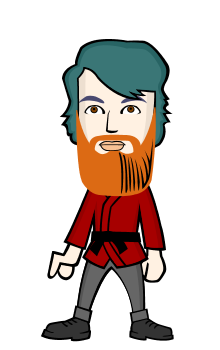In September 1951 Adorno returned to the United States for a six-week visit, during which he attended the opening of the Hacker Psychiatry Foundation in Beverly Hills, met Leo Lowenthal and Herbert Marcuse in New York and saw his mother for the last time. After stopping in Paris, where he met Daniel-Henry Kahnweiler, Michel Leiris and René Leibowitz, Adorno delivered a lecture entitled "The Present State of Empirical Social Research in Germany" at a conference on opinion research. Here he emphasized the importance of data collection and statistical evaluation while asserting that such empirical methods have only an auxiliary function and must lead to the formation of theories which would "raise the harsh facts to the level of consciousness."[35]
With Horkheimer as dean of the Arts Faculty, then rector of the university, responsibilities for the Institute's work fell upon Adorno. At the same time, however, Adorno renewed his musical work: with talks at the Kranichsteiner Musikgesellschaft, another in connection with a production of Ernst Krenek's opera Leben des Orest, and a seminar on "Criteria of New Music" at the Fifth International Summer Course for New Music at Kranichstein. Adorno also became increasingly involved with the publishing house of Peter Suhrkamp, inducing the latter to publish Benjamin's Berlin Childhood Around 1900, Kracauer's writings and a two-volume edition of Benjamin's writings. Adorno's own recently published Minima Moralia was not only well received in the press, but also met with great admiration from Thomas Mann, who wrote to Adorno from America in 1952:
I have spent days attached to your book as if by a magnet. Every day brings new fascination ... concentrated nourishment. It is said that the companion star to Sirius, white in colour, is made of such dense material that a cubic inch of it would weigh a tonne here. This is why it has such an extremely powerful gravitational field; in this respect it is similar to your book.[36]
Yet Adorno was no less moved by other public events: protesting the publication of Heinrich Mann's novel Professor Unrat with its film title, The Blue Angel; declaring his sympathy with those who protested the scandal of big-game hunting and penning a defense of prostitutes.



